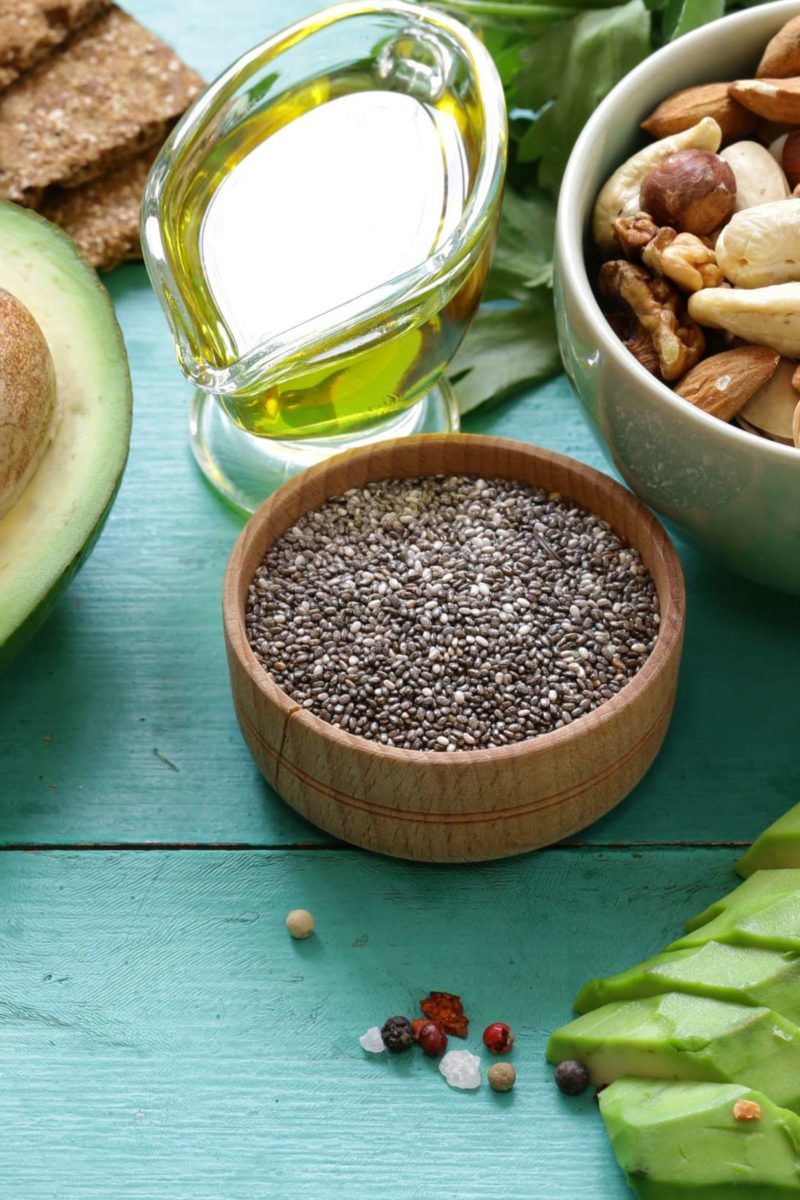Understanding the Influence of Nutrition on Skin Health
Nutrition plays a vital role in maintaining skin health, impacting not only its appearance but also its functionality. A diverse range of nutrients contributes to various aspects of skin health, from hydration and elasticity to protection against damage and aging.
Key Nutrients for Skin Health

Omega-3 Fatty Acids
Fatty fish, such as salmon, mackerel, and sardines, are rich in omega-3 fatty acids, essential for maintaining skin health. These fats help keep skin thick, supple, and moisturized, while also reducing inflammation, which can lead to conditions like acne and sensitivity to UV rays. Studies indicate that omega-3 fatty acids not only contribute to skin hydration but also may have protective effects against skin damage caused by UV exposure[1][5].
Vitamins
Vitamins A, C, and E are critical for skin health. Vitamin C, in particular, is necessary for collagen formation, which is vital for the structural integrity of skin. It acts as an antioxidant, protecting skin cells from oxidative damage, a significant factor in aging[2][6]. Vitamin E is another antioxidant that protects against inflammation and free radical damage, contributing to skin repair processes[3][5]. Vitamin A supports skin cell production and repair, preventing dryness and maintaining overall skin integrity[4][6].
Zinc
Zinc plays a significant role in skin repair and inflammation control. It is crucial for the production of new skin cells and also supports the immune response. A deficiency in zinc can lead to issues such as delayed wound healing and increased skin inflammation[1][4][6][7].
Amino Acids and Protein
Proteins are essential as they provide amino acids needed for collagen and keratin production, fundamental for maintaining skin's structure and barrier functions. Insufficient protein intake can impair wound healing and negatively affect skin integrity[2][4]. Specific amino acids, such as arginine and glutamine, have also been recognized for their roles in enhancing skin repair and healing processes[4].
Foods for Healthy Skin

A well-balanced diet that includes a variety of foods can optimize skin health. Some recommended foods include:
Fatty Fish: Rich in omega-3s, known for their anti-inflammatory properties and contributions to moisture retention in the skin[1][5].
Nuts and Seeds: Walnuts and flaxseeds are excellent sources of omega-3 fatty acids and vitamin E[1][5].
Fruits and Vegetables: A variety of colorful fruits and vegetables provide a range of antioxidants. Bell peppers and broccoli are particularly high in vitamins C and A, vital for collagen production and skin protection[1][3][5].
Avocados: They offer healthy fats, particularly monounsaturated fats, along with vitamin E, supporting skin hydration and elasticity[5][3].
Lifestyle and Dietary Impact on the Skin
Hydration is another crucial element for skin health. Proper fluid intake helps maintain skin turgor, ensuring that skin cells remain healthy and functional. A dehydrated skin can lead to a dull appearance and exacerbate fine lines and wrinkles[3][4].
Moreover, lifestyle factors such as smoking and alcohol consumption can significantly harm skin health. Smoking leads to reduced blood flow and nutrient delivery to the skin, compounding issues related to healing and aging. Similarly, excessive alcohol can disrupt hydration and lead to inflammation[2][3][4].
Processed foods high in sugars and unhealthy fats can also promote skin inflammation and accelerate aging processes. A diet low in beneficial nutrients can negatively impact skin quality, leading to conditions such as acne and premature wrinkles[3][4].
The Role of Nutrition in Wound Healing
Proper nutrition is essential, especially in the context of wound healing, where the body’s nutritional demands significantly increase. Adequate protein, vitamins, and minerals are vital for effective healing. Deficiencies in critical nutrients can compromise the body’s ability to recover from injuries and surgeries, leading to complications and prolonged recovery times[2][4][7].
In summary, nutrition serves as a cornerstone for skin health, influencing hydration, inflammation, and healing processes. A balanced diet rich in specific nutrients can foster a glowing complexion, support skin function, and mitigate the impacts of aging and environmental damage. Emphasizing whole foods, including fruits, vegetables, healthy fats, and proteins while minimizing processed foods can lead to significant improvements in skin health and overall well-being.
Get more accurate answers with Super Pandi, upload files, personalized discovery feed, save searches and contribute to the PandiPedia.
Let's look at alternatives:
- Modify the query.
- Start a new thread.
- Remove sources (if manually added).